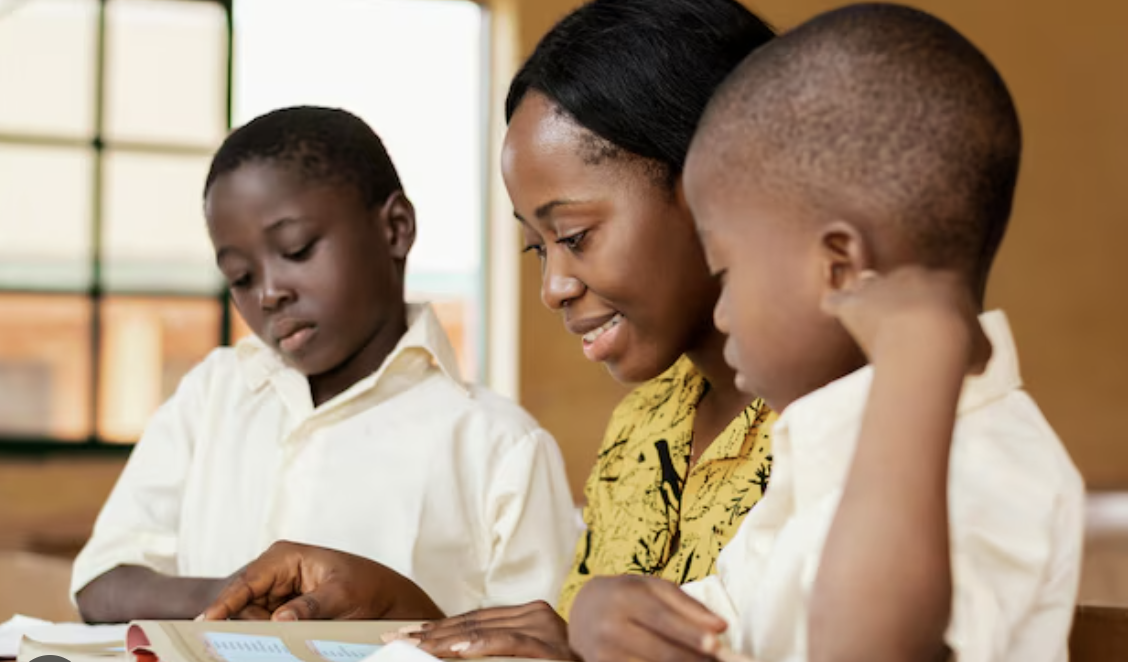Unveiling Barbados' Literacy Challenges: Moving Beyond Basic Literacy Skills towards True Literacy for a Sustainable Future

December 11, 2024
Barbados boasts a high literacy rate of 99.9%, yet faces challenges in fostering deeper reading engagement for critical thinking and lifelong learning, highlighting educational system shortcomings and the need for comprehensive literacy skills in the digital age.
Barbadians have long taken pride in their historically high literacy rate–adjudged to be at 99.9 per cent which places us at the pinnacle of Caribbean achievement and on par with many if not most of the wealthiest and more well-resourced nations on the planet.
Yet beneath this sterling statistic lurks a more complex reality in need of urgent attention and determined action. Basic literacy – the mere ability to decode words on a page – is no longer sufficient for success in our rapidly evolving digital age. We must now cultivate a deeper, more meaningful engagement with reading that transforms our citizens from passive consumers of text into active, critical thinkers and lifelong learners.
The comforting blanket of our high literacy statistics masks troubling undercurrents in our educational system. While our current position ranks alongside Trinidad and Tobago at the summit of literacy rankings in our region, we are aware that a significant proportion of our children leave primary school with poor reading comprehension skills to cope with secondary education. This disturbing pattern stems partly from our colonial legacy – a Victorian-era elementary education system still shackled by a common entrance examination that forces teachers to drill students in basic academic skills of mathematics and English rather than nurture a genuine love for reading and learning. The consequences are dire – up to 70 per cent of our children enter secondary schools only to leave without gaining any qualifications.
This is no mere educational crisis; it is a national emergency that threatens our future prosperity and social cohesion.
The world demands more than just the ability to read and write. Today’s global citizens need what UNESCO defines as true literacy: “The ability to identify, understand, interpret, create, communicate and compute, using printed and written materials associated with varying contexts.” This expanded definition encompasses critical thinking, digital literacy, and the capacity to navigate an increasingly complex information landscape. Our children must not only read words but comprehend deeply, analyse critically, and apply knowledge creatively. The stakes could not be higher – our nation’s competitiveness in the 21st century depends on our success in this endeavour.
The path forward requires a bold approach on multiple fronts. To be sure, it begins with liberating our elementary school system from the tyranny of the 11-plus examination that has warped our educational priorities and created an academic bias for a nation desperately in need of a fully resourced dual-track system of academic learning and technical-vocational training.
Teachers must be empowered to deliver a more broadly based curriculum that balances basic academic skills with the development of genuine reading comprehension and critical thinking abilities. The introduction of Criterion Reference Testing in our primary schools and assessments in first-form secondary schools are important tools for targeting instruction to individual needs and optimising learning outcomes. But parents should have access to the results of these annual tests to encourage partnership with schools in diagnosing and treating learning issues.
Yet, this transformation cannot be achieved by our schools alone. We need a coalition of the willing: educators, parents, community leaders, businesses, and state agencies – working in concert to create a culture that celebrates and promotes reading. The business community must recognise that their future workforce depends on having employees who can think critically and adapt to changing circumstances. Parents must be engaged as partners in their children’s reading development, creating home environments that nurture the love of books and learning.
The National Library Service deserves greater respect, regard and resources, together with community centres, churches, mosques and temples all, to expand their roles as hubs of literacy and learning in our communities.
We cannot ignore the reality that today’s young people live in an increasingly digital world. But technology need not be an enemy of reading; we must harness its potential to engage and motivate our youth. Digital platforms and tools can complement traditional reading materials, providing interactive and personalised learning experiences that appeal to different learning styles and preferences. This must be balanced with ensuring that all our citizens have equal access to both digital and traditional literacy resources.
The time for complacency about Barbados’ literacy achievements has long since passed. We must now set our sights on a more ambitious goal – the forming of a truly literate society where reading is not just a skill but a passion, not just a requirement but a joy. This is the challenge before us. It is surely considerable; the cost of inertia is even more dire.
This vital national mission for our children’s future, and indeed the future of our nation, depends on our success in fostering a nation of readers, thinkers, and lifelong learners. That journey can begin with reading from a book–or a newspaper–to our children. It is a journey that should begin not as a token but as a habit of purposeful members of humanity.


